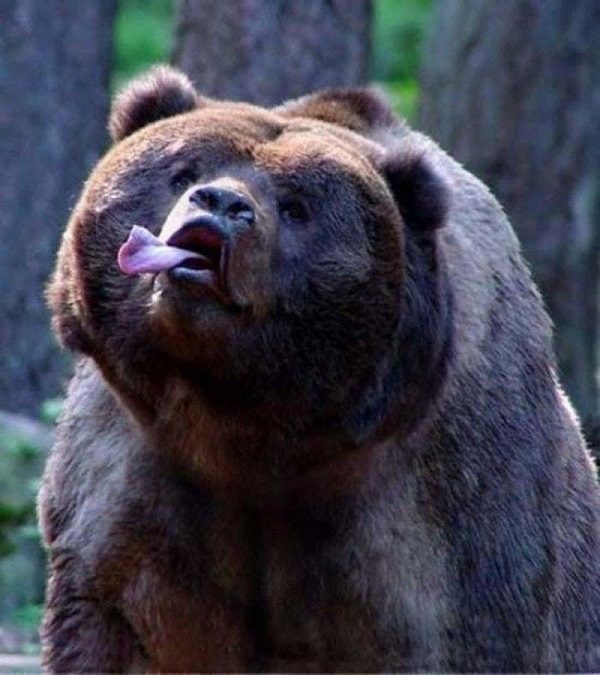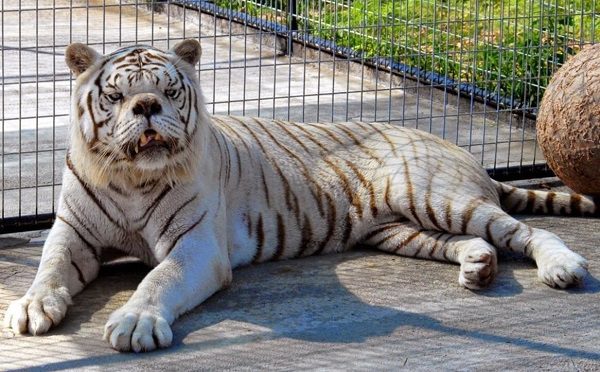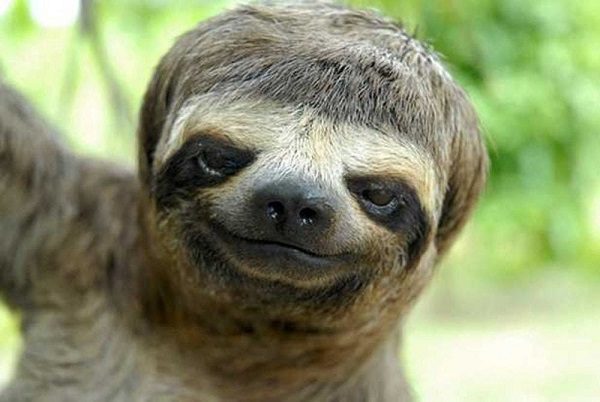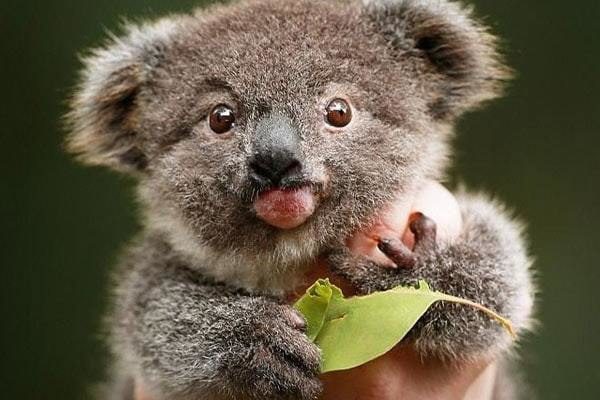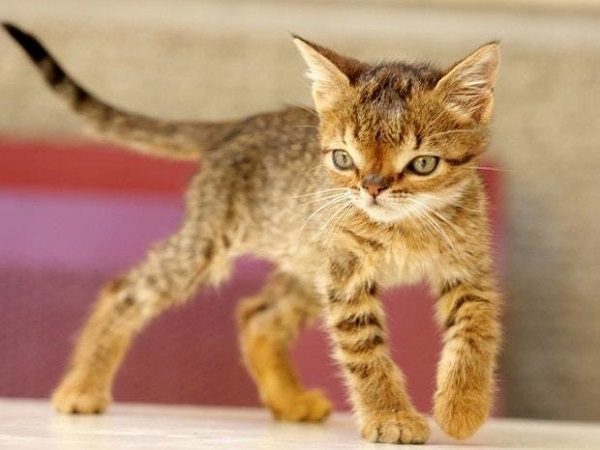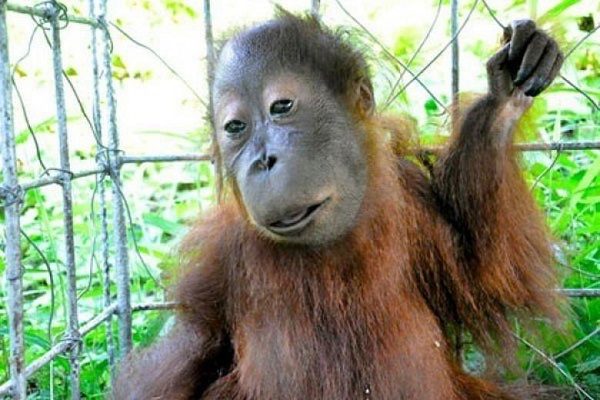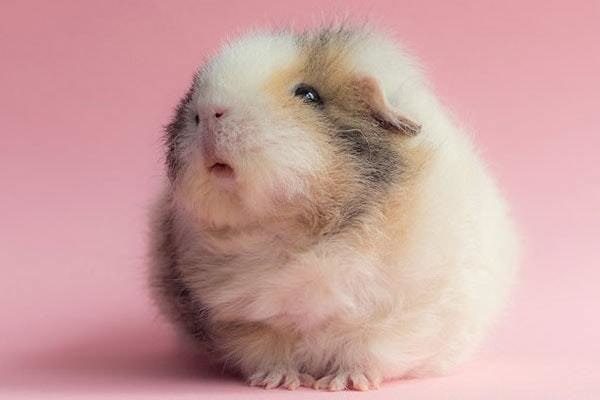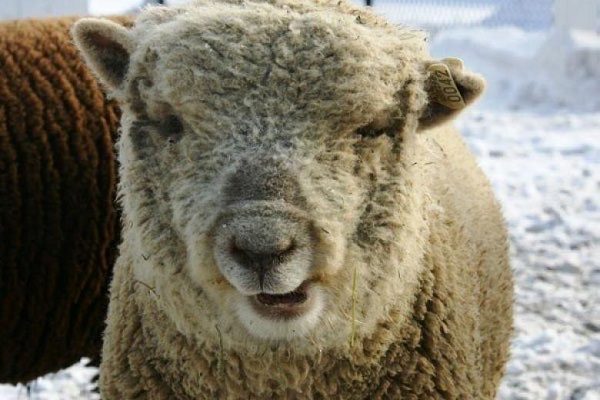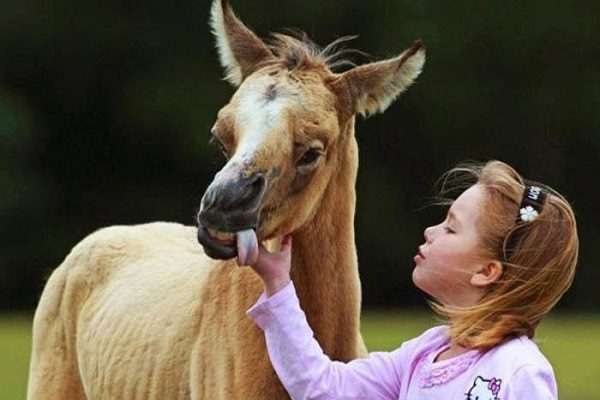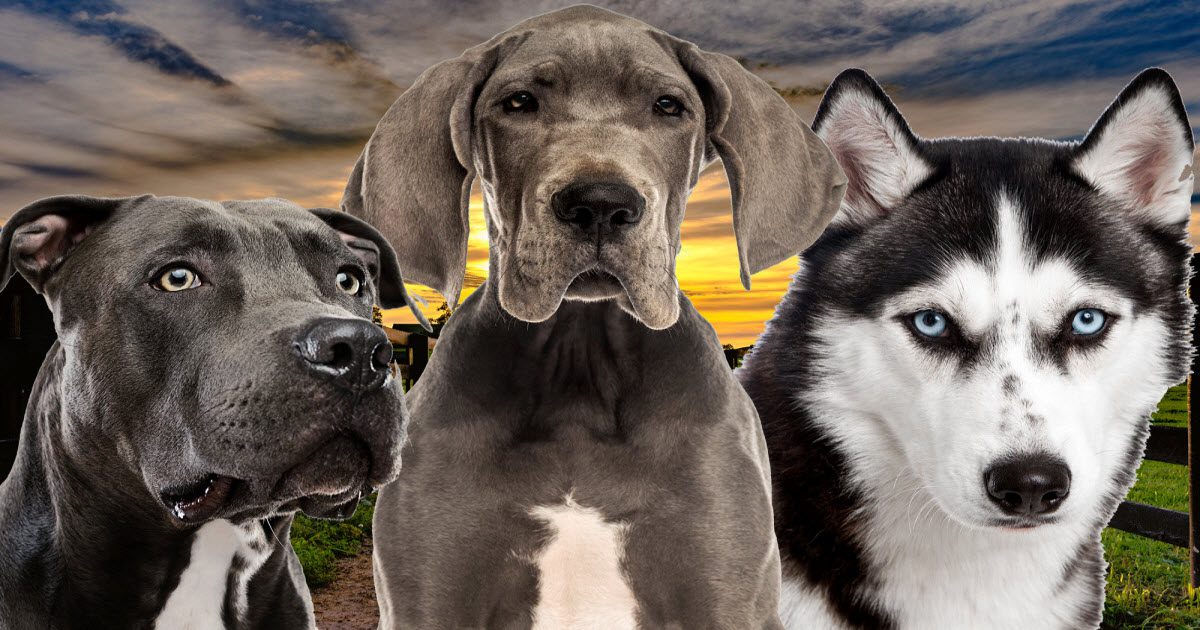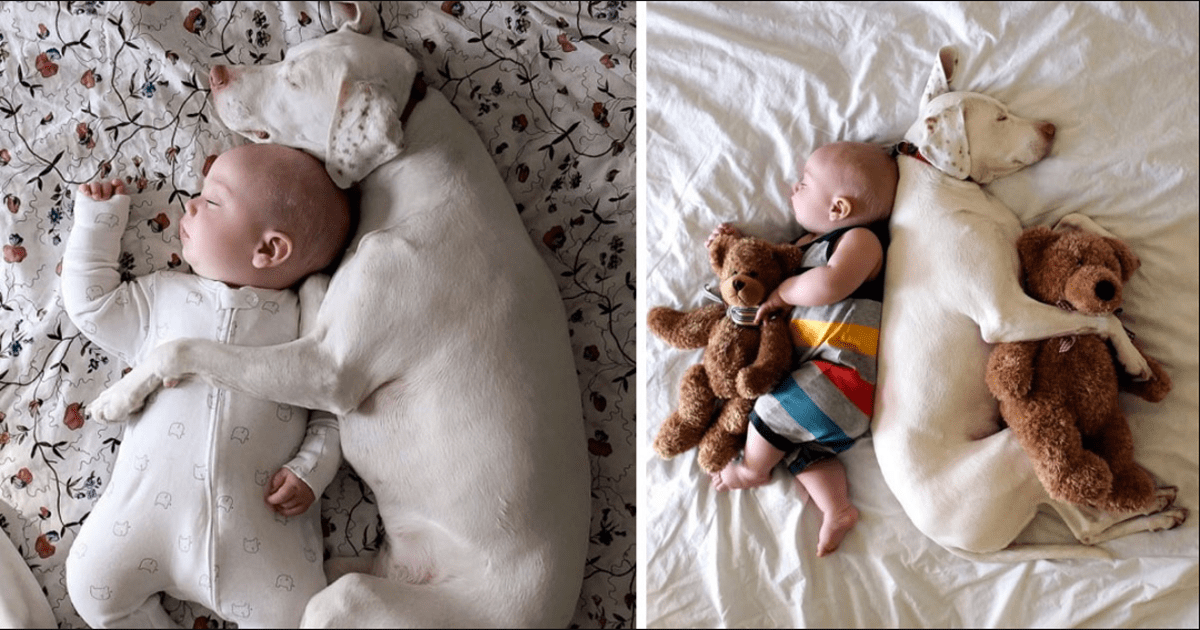Those who have Down Syndrome are often subject to low intelligence, which is a common feature of this genetic mutation. It occurs when cells in an individuals’ body divide incorrectly during pregnancy or shortly after birth due to having three copies instead of two like most other humans possess on their 22nd chromosome pair (21). The result? A severe reduction impacts how they think and act both mentally and physically because some disabilities can be hereditary too.
Down But Not Out
Down Syndrome is a condition that can cause mental disability, health issues, and other unique physical features. People born with it are able to do amazing things in school as well on an athletic level and also in beauty pageants. But did you know that humans aren’t the only creatures who can develop Down Syndrome? But as you’ll notice, it doesn’t keep these guys down!
Hear Him Roar
Whether you like it or not, Down Syndrome is a real thing and can affect something as powerful as lions. Scientists are still trying to figure out if humans suffer similar effects in their bodies when they’re born with this condition but some believe that apes and chimpanzees might be liable since their genealogies lead them towards being more closely related than other species on Earth today including us.
Bearing It
The truth is that any living thing can experience genetic mutations, and while these creatures may seem different from one another they still warrant attention. But admittedly if you run into this guy in the woods then probably don’t want to hug him or anything because just have wild instincts.
The Majestic White Tiger
Kenny the White Tiger lived a short but memorable life. He was diagnosed with Down Syndrome, which lead to his unfortunate passing in 2008. The love bug that he always seemed so calm and happy made it hard for people around town not only to see how different Kenny is from other cats or dogs – they also couldn’t understand why such an adorable pup would have any interest whatsoever interacting socially.
Slow Down
Down Syndrome is a chromosomal anomaly that can occur in animals just like it does with humans. This leads to physiological and cognitive issues including alterations of the physical characteristics, such as this adorable-looking sloth.
Dogs Get Down
Whether dogs have Down Syndrome or not is still debated among experts. PetMD states that there are 39 pairs of chromosomes in comparison to people who only possess 23 sets, which suggests this condition might manifest differently for pets than humans because they lack certain genetic components needed during development but it doesn’t mean all dog characteristics will be similar if you imagine them cuter than ever.
Down Under
The koala is a herbivore that lives in Australia. It has large eyes and an interesting nose because it inherited its genetic makeup from when they were animals with fur, which made them cooler than other species of goggles out there.
Little Ball Of Fur
Cats have a smaller number of chromosomes than dogs, which means that Chromosome 21 cannot triplicate. However, cats still experience neurological and physical abnormalities due to chromosomal mutation just like humans with Down Syndrome.
Downfall Of The Apes
Apes are more similar to humans than you might think. They have 24 chromosomal pairs, giving them a total number of 48 chromosomes- just like us! As such an ape can develop trisomy 22 which is similar to Down Syndrome because this means that their chromosome triplet has been created by having three copies instead of two units in each strand. But this disability doesn’t stop them from having fun time adventures swinging through trees with ease.
Spot The Differences
Giraffes are the tallest mammals, standing 6 feet tall on average. Their long legs allow them to run 35 miles per hour and cover short distances quickly; even their cruising speed approaches 10 mph! But these giants aren’t just big–they’re also gentle creatures that will never hurt you unless threatened or attacked first (which isn’t likely since most people don’t dare challenge a giraffe). The spots patterned onto each individual’s body form their own unique signature so no two animals share this feature alike.
Guinea Pigs Get Down Too
Guinea pigs are such gentle creatures that they make excellent pets for young children. But even with a genetic abnormality, these adorable mammals continue to be absolutely precious. The mutation only adds more cuteness and charm in their already spectacular features like five different kinds of hair which cover the entire body giving each individual character its own style; no two look alike at all (which makes them even better!)
Counting Sheep
This sheep has a face covered in wool and it’s smiling happily. Down Syndrome makes these animals different from the other flock, but that doesn’t mean they don’t have any place among all of nature–in fact, as far as I’m concerned this just makes them even more special than most creatures.
Horseplay
Horses with an extra copy of the chromosome, like those that carry Down Syndrome or Trisomy 21 (which causes more damage than copies), can still make you fall head over heels. They may have problems similar to what is found in these creatures such as angular limb deformities and scoliosis but there’s no stopping these beautiful animals from capturing everyone’s heart when they meet.
We’re More Alike Than Different
Whether we have two legs or four, short-necked bodies are actually more similar than one might think. Even though our genetics may dictate what kind of body part you’re born with doesn’t mean that it’s any easier on the inside. While some people might see their disability as something limiting and debilitating others find pride in being different from everyone else because all lifeforms differ which makes us unique & lovable.

